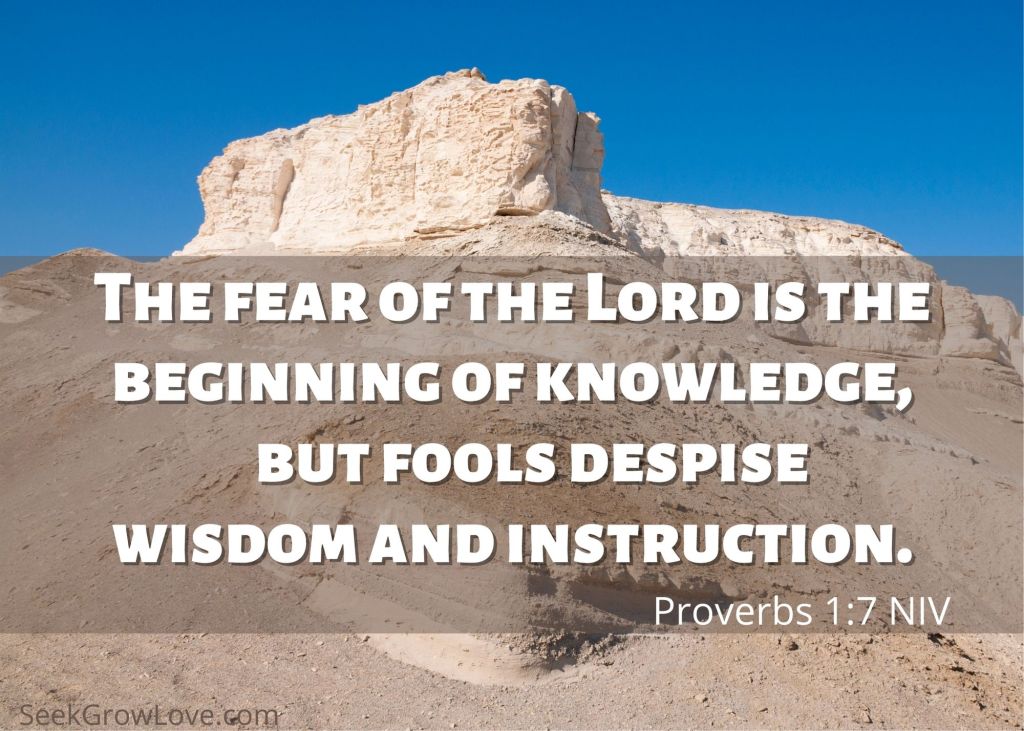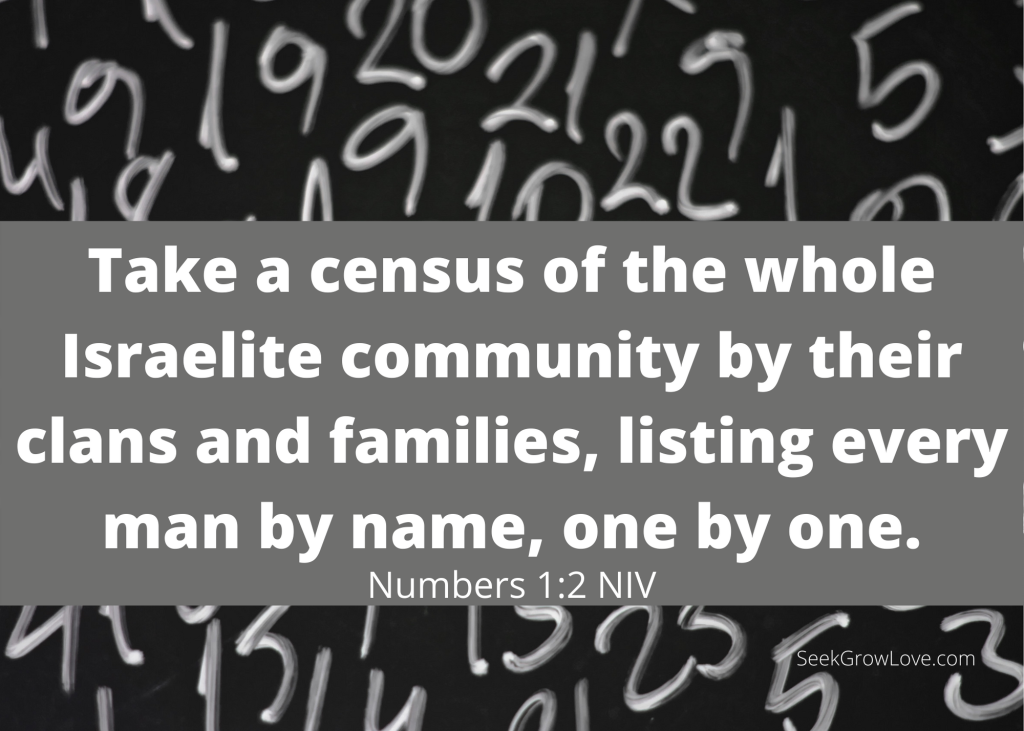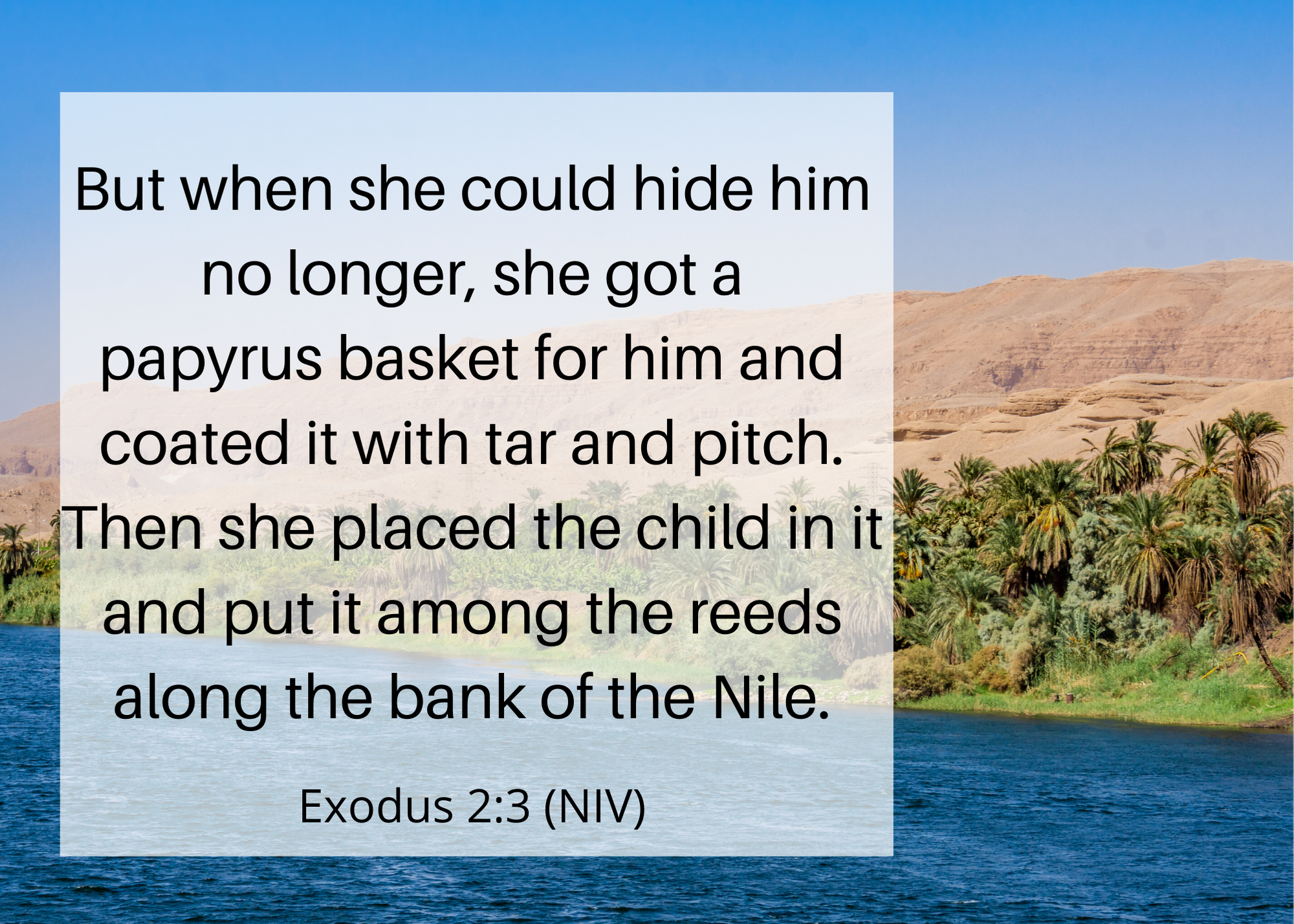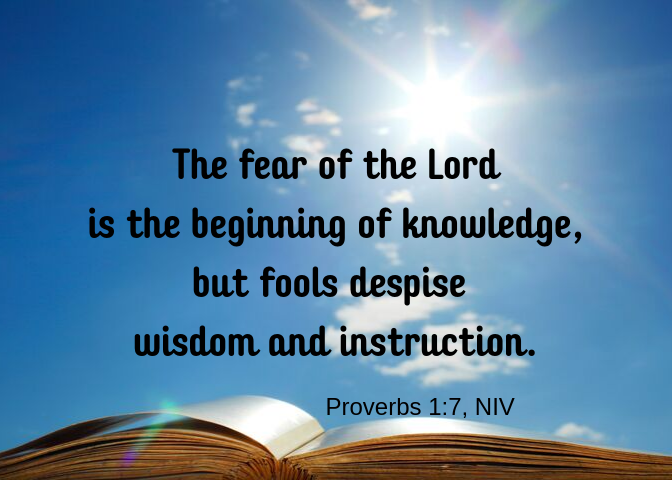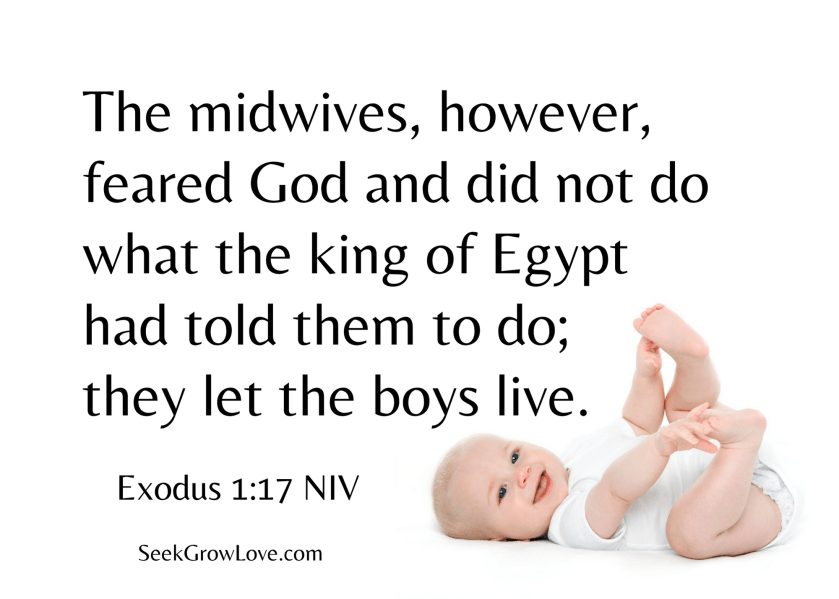
*Exodus 1-2
Proverbs 26
Matthew 12
Devotion by Marcia Railton (IN)
In today’s reading of Exodus 1 & 2 we get to meet 5 women (one of them a young lady) who each displayed wisdom, courage and compassion.
First off, we have Shiphrah and Puah, two Hebrew midwives at a time in Egypt when Pharaoh was scared of the growing Hebrew population. Pharaoh had already tried breaking the Hebrew people by enslaving them into forced labor building his cities. But even when he made the work harder and harder, the Hebrews were still multiplying and growing in strength. Fearing an uprising, Pharaoh hatched an evil plan and gave an order to the midwives. They were to kill every Hebrew baby boy that they were called in to help deliver. Imagine for a moment that your job was to help laboring mothers bring new (9 month old) life into this world. What a sacred and holy job of joy, except for the sorrow that came with those rare instances when complications leave grief and loss instead of sweet new breath. But now Pharaoh was commanding them. With their own hands they were to be responsible for the killing of all of the baby boys that emerged – because these babies were Hebrew – and because these babies were males.
I have felt like I have been in some tough situations – but nothing anything like this! What would Shiphrah and Puah do? I am guessing they didn’t send a loud “NO” as soon as they heard the command – or else they likely wouldn’t have lived long themselves. They also didn’t run away or put in for early retirement. The Scriptures tell us they feared God and did not do as the king had commanded them. They went to work, just like before, and helped Hebrew moms deliver their babies, both boys and girls, just like before. Fearing God can take a lot of courage! And they certainly needed that courage when questioned by Pharaoh as to why the baby boys weren’t dying. They said the Hebrew women gave birth before the midwives came. “And God dealt well with the midwives…And so it was, because the midwives feared God, that he provided households for them” (Exodus 1:20-21). Well done, Shiphrah and Puah! You feared God and were rewarded.
Perhaps one or both of these courageous women came to help Jochebed (the “daughter of Levi” in Exodus 2, who is named in Exodus 6) when the time came for her to deliver her baby. Pharaoh had now changed the rules. Since the two midwives had not done his dastardly deed, now it was up to everyone to follow his new order – all Hebrew boys were to be thrown into the river! Can you imagine the scene when a Hebrew boy was born now? The emotions of the room when it was announced that this little bundle of new breath and life was a beautiful boy? The prayers said? The fears? The tears?
I find it interesting we don’t know anything about what the father (also named in Exodus 6:20 – as Amram) did. But we learn Jochebed keeps her boy hidden for 3 months, and then when that becomes impossible – she sets to work preparing a waterproof basket. She will follow the king’s order and put her child in the river – inside of a basket. She has done all she can, she leaves her child in the hands of God. She is our third wise, courageous, and compassionate woman in these passages. She sends her daughter Miriam, our fourth wise, courageous and compassionate woman, to watch over the precious bundle in the basket. I wonder if in all the scenarios (drowning, wild animals, Egyptians) that must have run through their heads if this mother and daughter had envisioned that perhaps it would be Pharaoh’s daughter who would find the basket? And if she were to find the basket – what would her reaction be?
Enter the daughter of Pharaoh. While likely not a believer of the One True God, we can learn a valuable lesson from her as well. Her extremely powerful father had made the decree that ALL HIS PEOPLE (which certainly would include his own flesh and blood offspring) would be responsible to cast Hebrew baby boys into the river. What would she do when she found the crying Hebrew baby boy in the basket in the river? She had compassion on him! She saved him from the river instead of casting him into the river. And thanks to Miriam’s quick-thinking (wisdom from God) and courage she approaches the princess and offers to get a Hebrew nurse to feed the baby. Re-enter Jochebed who not only gets to nurse, cuddle, love on, care for her baby boy (likely for a couple/few years) but is paid to do so by Pharaoh’s own daughter! Wouldn’t you love to have heard the conversations between Pharaoh and his daughter as she explains to him that she has saved a Hebrew baby from the river and she will raise him in the palace! Perhaps this is the first recorded “Daddy’s Girl” in the Bible, able to melt even her dad’s hard heart of stone.
There are so many times in this account when it would have been easy for God’s people (and even the daughter of Pharaoh) to give up. Evil was so real and oppressive. There seemed no safe way out. But, for those courageous people who feared God (rather than fearing men) – who trusted God in all circumstances, and wisely proceeded with a strong and active compassion for life, God had a reward. God saw their needs and provided exactly what they needed when they needed it. And the princess named the boy Moses, and God would use him in mighty ways to free His people.
Reflection Questions
- Give some more examples of people who have feared God. What did they do? What did they not do? Do you fear God? If so, how can you show that you fear God? In your case, fearing God well means not being afraid of what?
- On whom is God calling you to have compassion?
- In what ways was God preparing Moses, and Moses family, for what was coming? Can you think of something in your past that has prepared you for something you have done for God? How might something you are going through now be preparing you for something God wants you to do in your future?
Prayer
Dear God Almighty and Heavenly Father – thank You for both Your power and Your love! Thank you for providing everything we need and so much more. Help us see You at work even when we are in scary situations or evil looms large. Give us the wisdom to fear YOU. Show us what You want us to do and say. I pray for a heart of compassion, even when it requires great courage as well. As these women, and your precious Son demonstrated, help me stand strong with a heart of love and compassion and forever devoted to You. In his name we pray, Amen.




